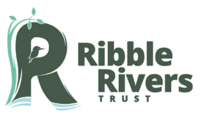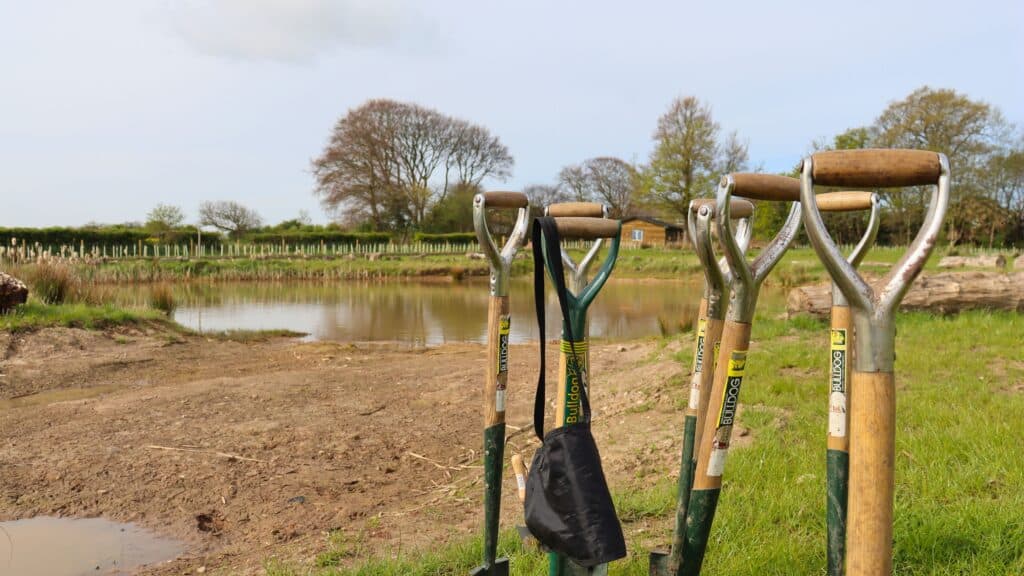
Room for Rivers: River Revival
Thanks to funding from the Government’s Species Survival Fund, Ribble Rivers Trust is embarking on an ambitious new programme to restore and reconnect river habitats across the Ribble catchment. Our Room for Rivers: Ribble Revival programme will deliver nature-based solutions that benefit wildlife, people, and the planet
With £1.65 million in funding, we’ll be targeting key rivers and streams that support endangered species like European eel, Atlantic salmon, and brown trout. These fish, along with countless other creatures, need clean, cool, connected rivers to survive. This programme will bring lasting benefits for nature, climate, and communities alike.
What projects are we completing?
The Room for Rivers: Ribble Revival programme will deliver 12 hands-on habitat improvement projects. These locations are at sites where our monitoring and research show the greatest need and opportunity for positive change. The sites we’re working on include:
- Bezza Brook fish pass– improving fish migration at a key river blocking barrier
- Cow Ark wetlands– creating new wetland habitats for wildlife and water quality
- Downham fish pass– enabling migratory fish to access upstream habitats
- Haughfield deculverting and wetlands– restoring a natural flow to a previously below ground culvert
- Holden wetlands– creating new habitats, storing water, and supporting biodiversity
- Little Bank deculverting– opening up buried streams to daylight and wildlife
- Little Mearley leaky dams– reducing flood risk and protecting vulnerable spawning fish species
- Pendleton weir fish pass– reconnecting critical fish migration routes
- Rome Farm deculverting and wetlands– renaturalising rivers with nature-based solutions
- Skirden leaky dams– using natural materials to manage water and create habitat
- Stocktons wetland– creating a new haven for insects, amphibians, birds, and more
- Wrea Green wetland– improving water quality, creating healthier habitats, and increasing flood resilience
Room for Rivers is a big step forward in restoring the Ribble catchment. Each project is designed to restore natural processes, improve water quality, and create room for rivers to thrive again through improvements to water quality, water quantity, habitat quality, and habitat connectivity. These are the four pillars of a thriving river system, and they’re all areas where we need urgent action.
By investing in solutions like fish passes, wetland creation, and leaky dams, we’re not only supporting iconic species, but also helping our rivers adapt to the pressures of pollution, climate change, and development. Our goal is to reverse the long-term decline in freshwater biodiversity and build resilience for the future.
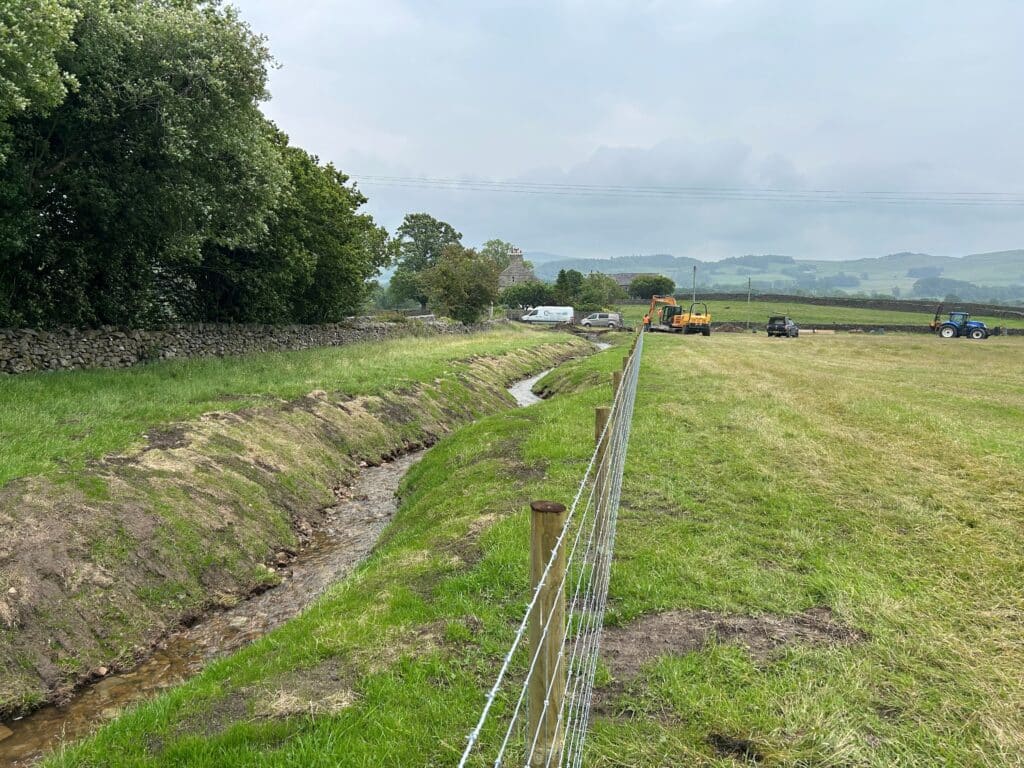
Why are these species of most concern?
The European eel, Atlantic salmon, and brown trout are all priority species, recognised for their ecological importance and their worrying declines in recent decades. These species are also indicators of river health so, when they thrive, it’s a sign that the wider river ecosystem is in good shape.
All three are migratory fish. Atlantic salmon and brown trout need to move upstream to spawn in clean, gravel-rich headwaters. European eels, meanwhile, undertake one of the most remarkable migrations in nature, travelling from the Sargasso Sea to UK rivers and streams. Barriers like weirs, culverts, and degraded habitats can block these journeys, putting already struggling populations under further pressure.
The projects within Room for Rivers will help these species in several ways. Fish passes at Pendleton, Bezza Brook, and Downham will make upstream journeys possible again, allowing fish to reach the habitats they need for spawning. Deculverting projects at Rome Farm, Haughfield, and Little Bank will restore buried or straightened sections of river, improving flow, temperature, and oxygen levels which are all critical for fish health. Wetlands at places like Holden, Stocktons, and Wrea Green will filter pollutants, trap sediment, and provide cooler, shaded environments that support juvenile fish and invertebrates. Leaky dams at Skirden and Little Mearley will slow water during heavy rainfall, reducing scouring and erosion, preventing the wash out of eggs and juvenile fish, and creating a more stable, diverse habitat mosaic that benefits fish at every life stage.
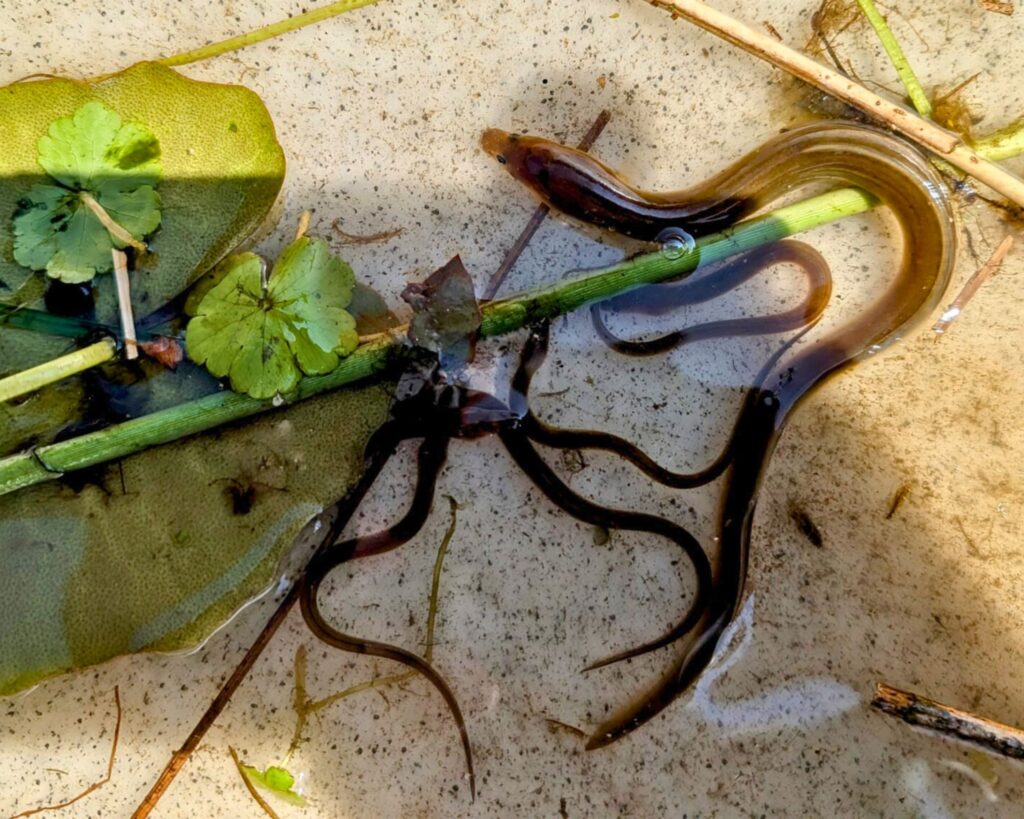
Restoring these natural features strengthens the whole aquatic food web, benefitting everything from insects and amphibians to birds and mammals that rely on healthy rivers.
Will this help human communities too?
The benefits of Room for Rivers beyond wildlife. These projects will also deliver real, lasting improvements for local people, communities, and economies.
Flood protection is one of the key outcomes. By creating wetlands and installing leaky dams, we’re helping rivers hold more water during heavy rain, slowing the flow and reducing flood peaks. This natural flood management approach protects homes, infrastructure, and farmland from the increasing risk of flooding linked to climate change.
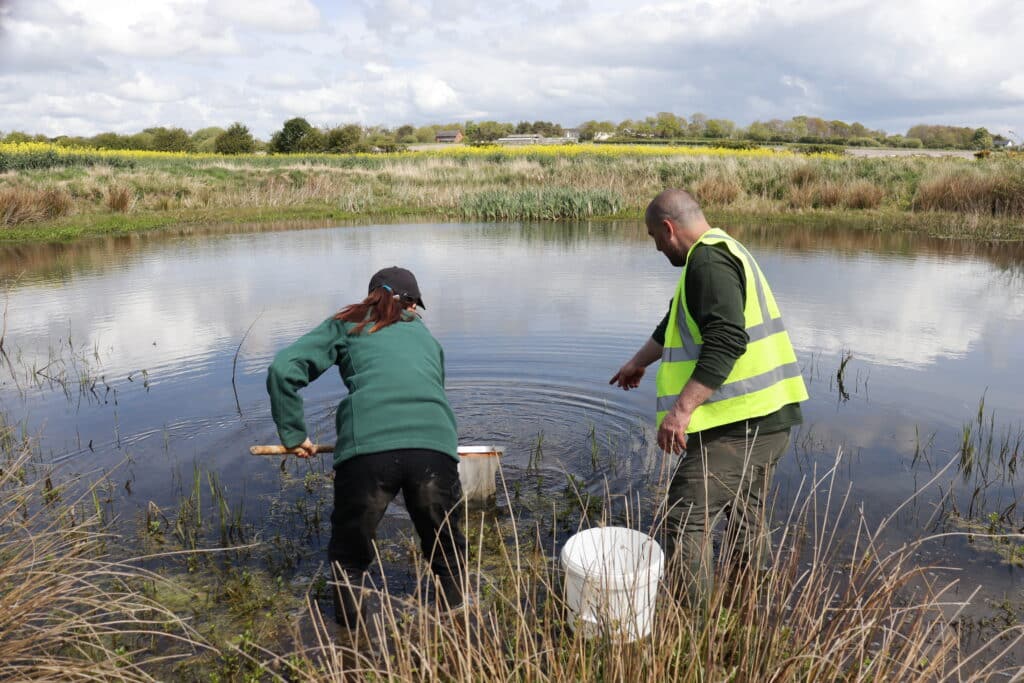
Water quality will also improve. Wetlands act as natural filters, trapping sediment, absorbing nutrients, and breaking down pollutants before they reach downstream watercourses. This leads to cleaner, clearer water that’s safer for wildlife and for people. As a result, communities will benefit from healthier blue spaces that support recreation and wellbeing.
Room for Rivers is also designed to support the local economy. We’re working with farmers to create win-win solutions that benefit both nature and agriculture, such as better water management, increased pollinator habitat, and improved soil health. Greener farming practices will help futureproof food production and reduce the costs of managing land and water.
These projects will also bring green jobs, training, and volunteer opportunities to the region. Five new roles will be created as part of the programme, alongside internships and hands-on conservation experiences. By building local skills and connecting people with nature, we’re helping ensure the long-term care of these restored habitats.
And finally, there’s the impact on community wellbeing. Natural spaces have been proven to boost mental health, foster community pride, and provide opportunities for learning, exploration, and connection. Room for Rivers will enhance access to nature through guided walks, school visits, and public engagement events, helping more people enjoy and value their local rivers.
How can people get involved?
We’re inviting local people, schools, and community groups to be part of this exciting programme. Whether you’ve got five minutes or five days, there are plenty of ways to take action and learn something new:
- Riverfly citizen science training and monitoring
- Amphibian identification and wetland surveys
- Bird surveys, pond netting, and sediment sampling
- Pebble counts and river walkovers
- Guided walks, workshops, and family-friendly events
- School visits and learning sessions in partnership with Jamie’s Farm and Yorkshire Dales Millennium Trust
Keep an eye on our social media pages for opportunities to join in or sign up to our volunteer mailing list for regular updates.
What is the Species Survival Fund?
Room for Rivers: Ribble Revival is supported by the Species Survival Fund, a £25 million programme delivered by the National Lottery Heritage Fund on behalf of Defra. Ribble Rivers Trust has received a £1.65 million grant, which will help us restore dozens of hectares of critical habitat and benefit nationally important species.

Rivers are at the heart of our local landscapes. Whether you’re casting a line, exploring a riverside trail, or simply basking in the beauty of nature, you can help protect these special places now, and for generations to come.
By becoming a Ribble Rivers Trust supporter for just £3 a month, you’ll be funding real, on-the-ground action.
Ready to make a difference? Learn more here: ribbletrust.org.uk/become-a-supporter
